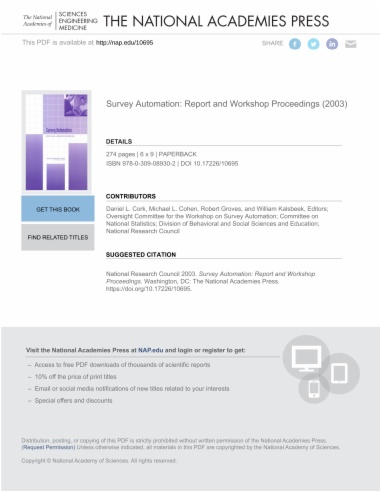Centered on moral critiques of wealth and the unequal distribution of risks and rewards in the lengthy voyages required by the East Indies trade, this book examines the debates surrounding England’s earliest global trading ventures. Arguments over the staggering loss of lives and national resources and struggles over control of the new trade in luxuries reveal the forging of rationales justifying the new capitalist inequalities. Yet Company servants traveling abroad to conduct the risky trade resisted this newly coalescing social formation through strategic disobedience to their masters’ will, controlling information and promoting ignorance when it served their financial and sexual purposes. Conflicting Claims to East India Company Wealth, 1600–1650 interrogates the forces that shaped England’s earliest forays into capitalist imperialism by tracing the battles over corporate control of men’s finances, marriages, and bare survival at the dawn of its global trade.
- Cover
- Table of Contents
- Acknowledgments
- Introduction
- 1. Wasting Mariners: Kayll vs. Digges
- 2. Justifying Wealth: Arguments over Control of the Trade
- 3. Contending with the Ocean: Battles over Private Trade
- 4. Desiring Servants: Liaisons Abroad
- Conclusion: The Functions of Ignorance
- Bibliography
- Index

